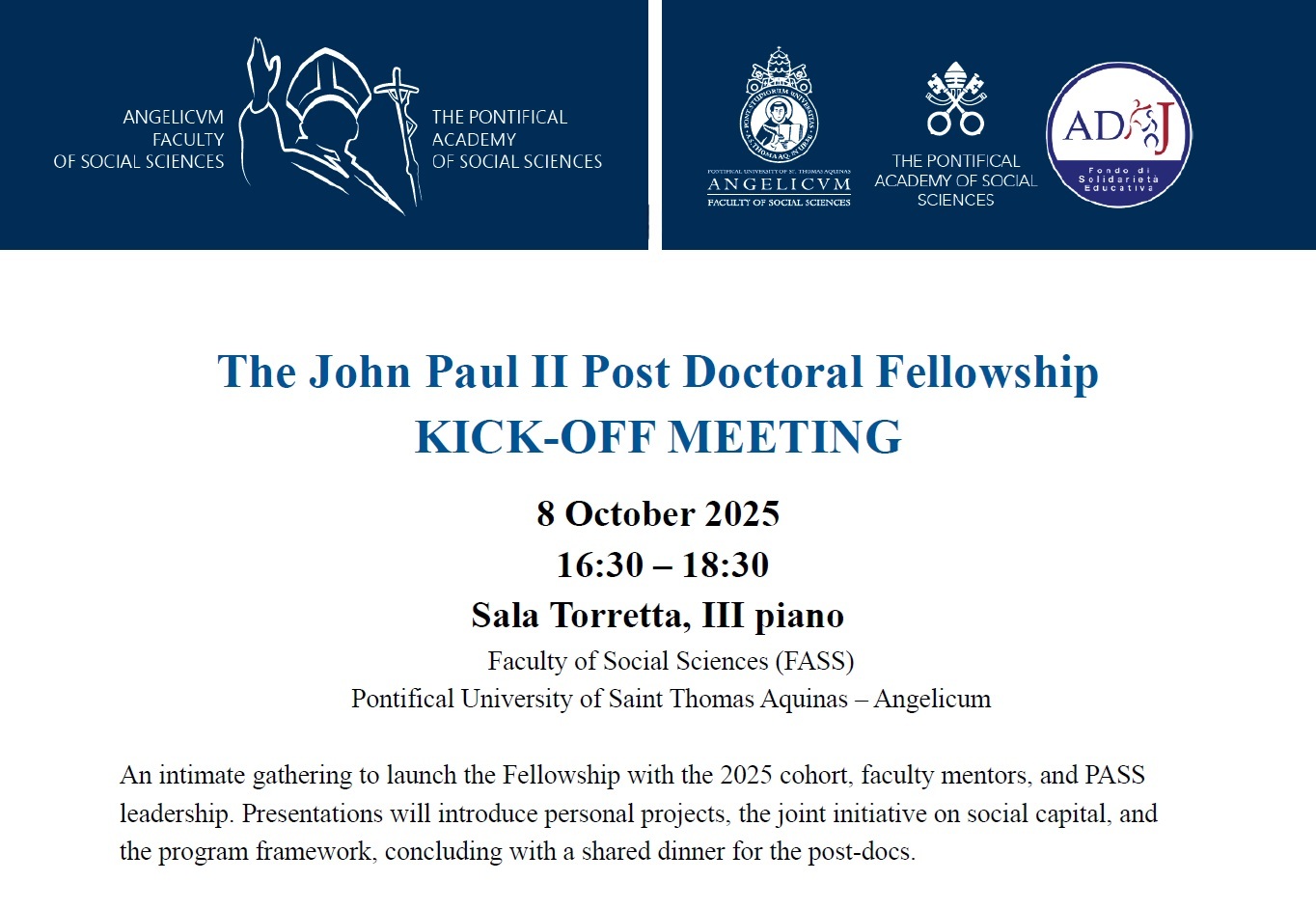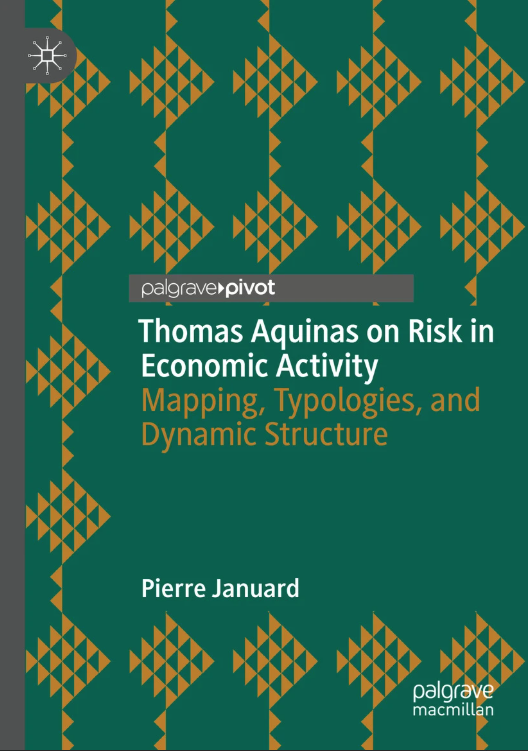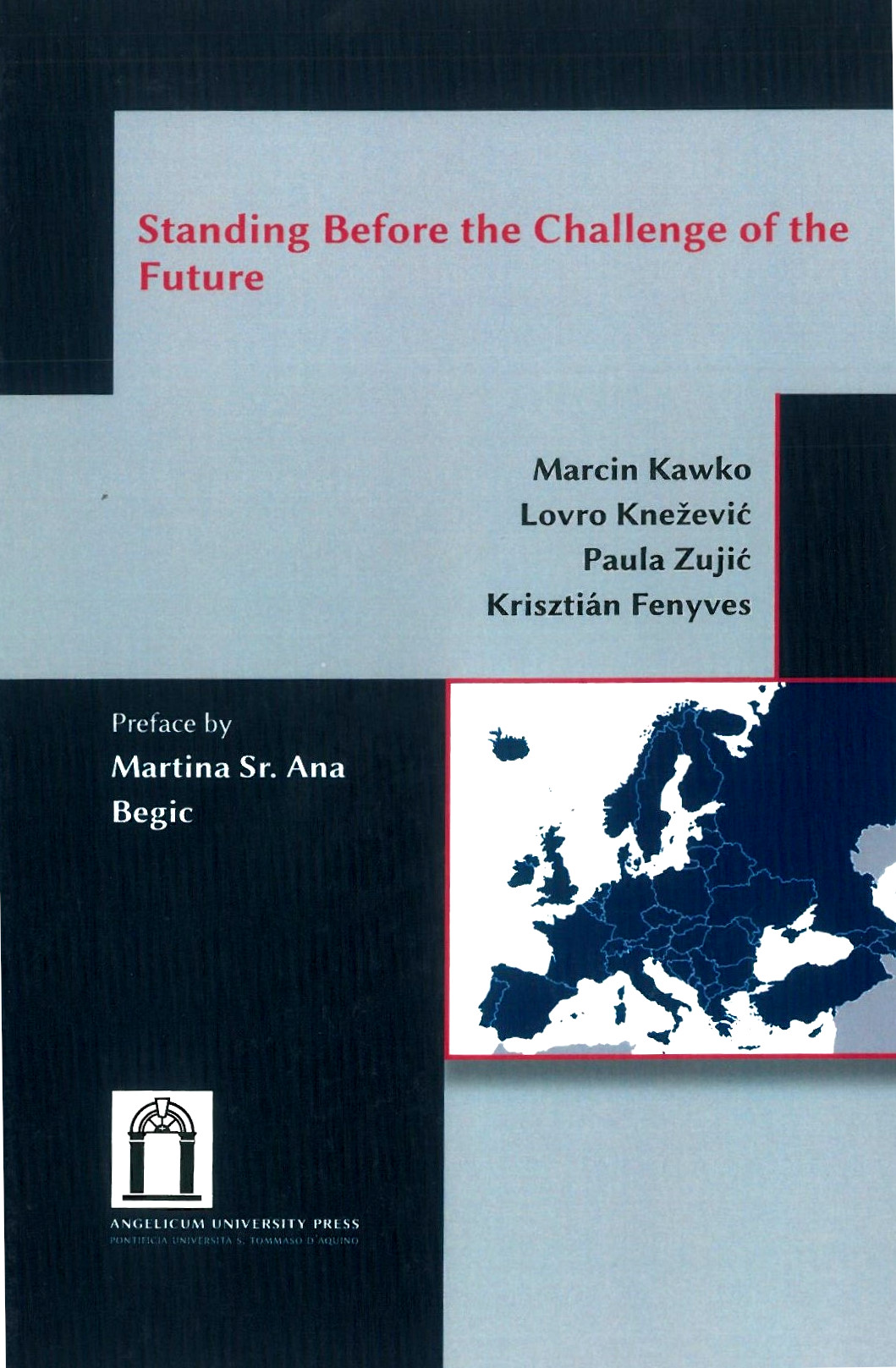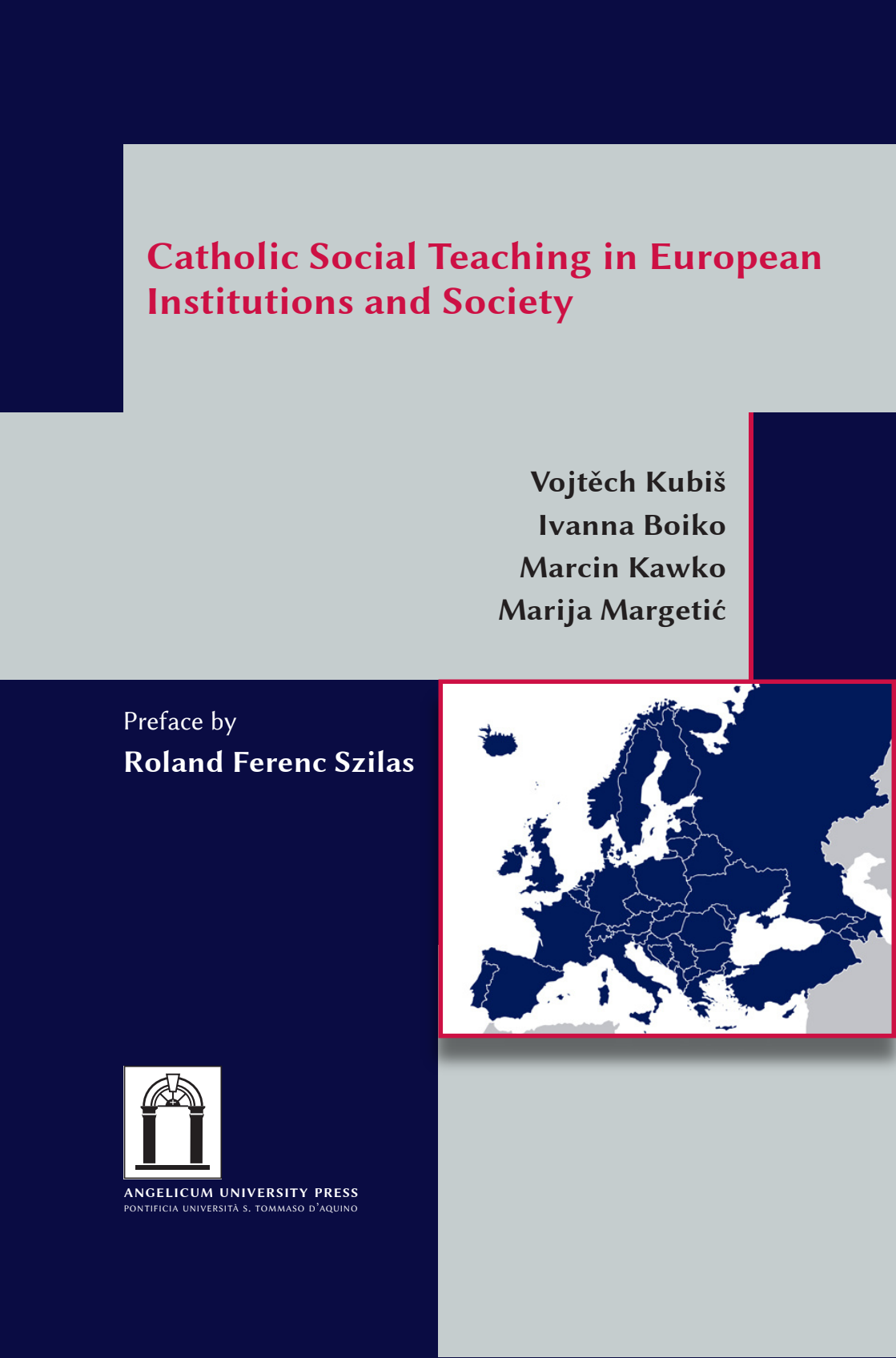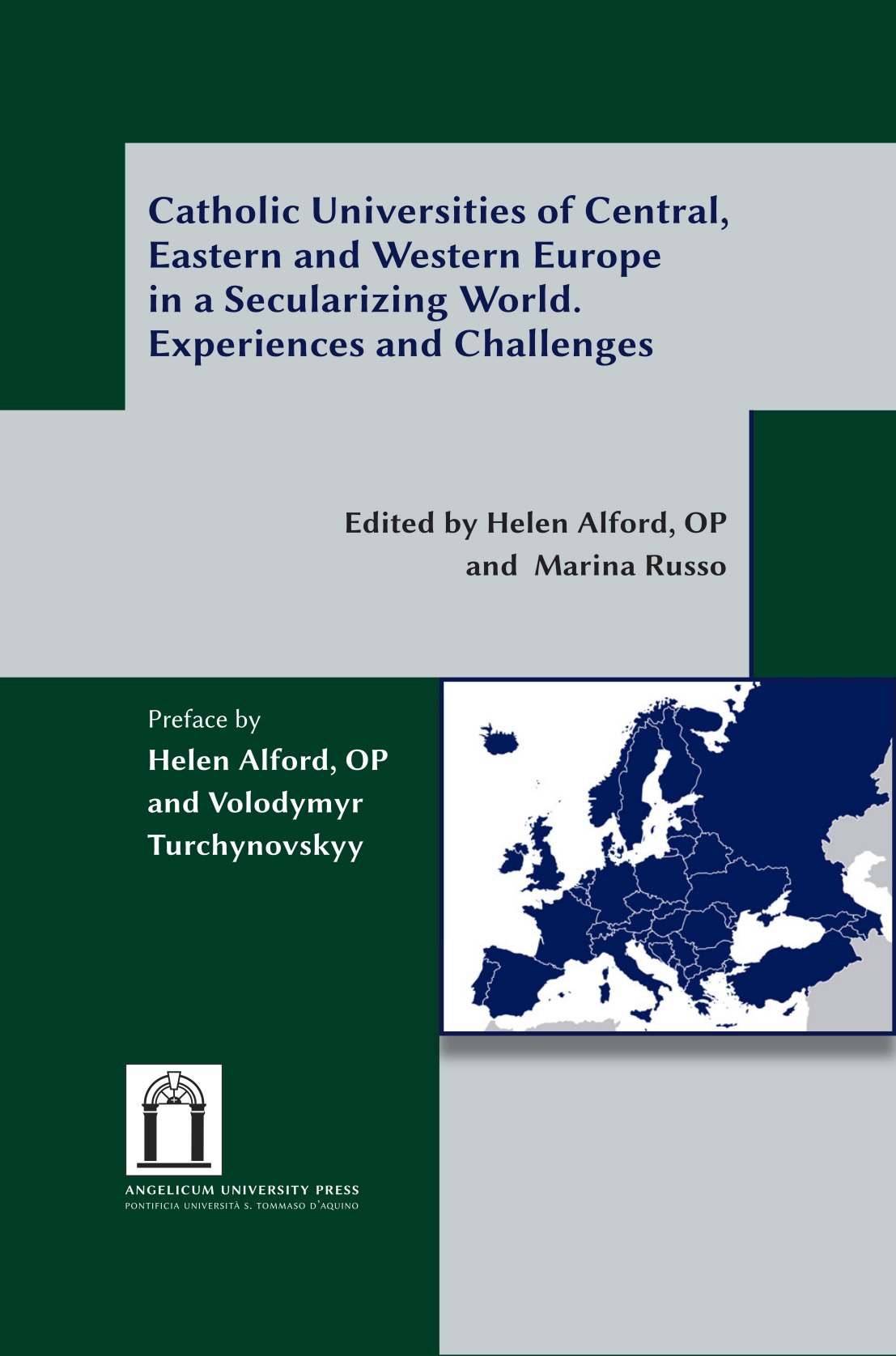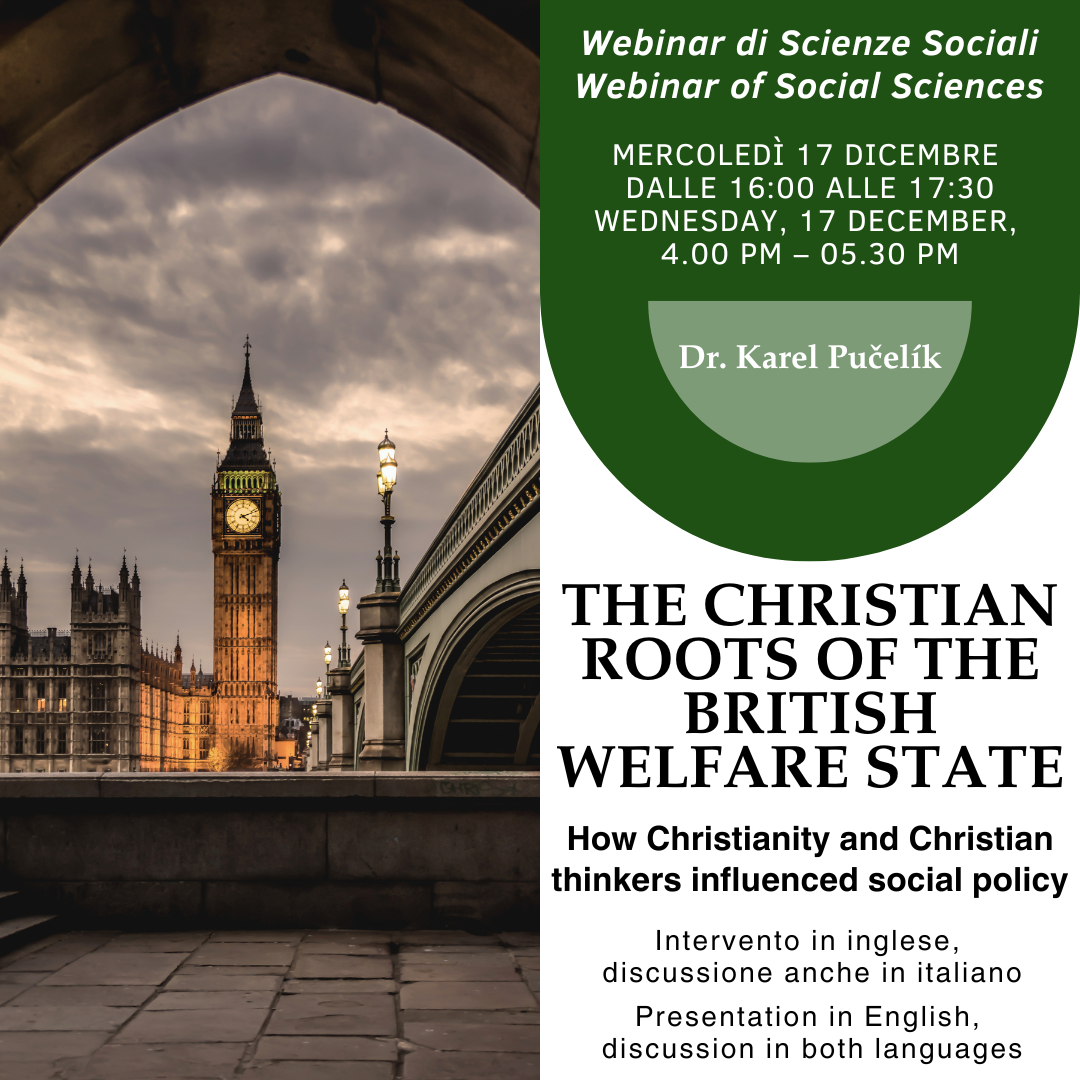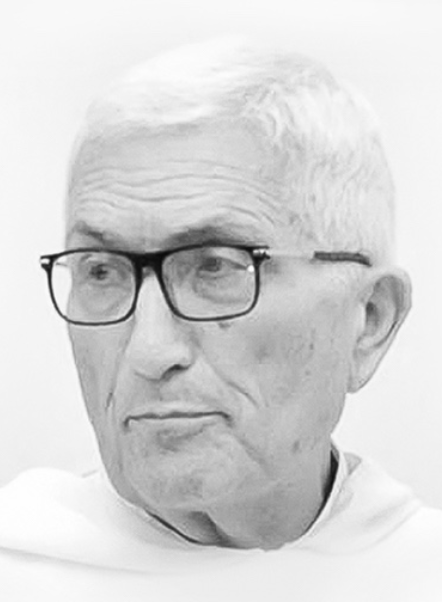 “Make Poverty History” has been a massive campaign this year in the UK, aimed at influencing the G8 meeting in Scotland. This is also the year of the first major stocktaking of progress towards the Millenium Development Goals (MDGs) since the year 2000. Poverty, especially in Africa, has thus been higher on the agenda of major policy makers this year than usual. Similarly, it could probably be argued quite effectively that the fundamental motive behind the development of Catholic social thought has been to confront the question of poverty. So, with so much interest in poverty, both at the level of moral thinking and of current affairs, what are its prospects?
“Make Poverty History” has been a massive campaign this year in the UK, aimed at influencing the G8 meeting in Scotland. This is also the year of the first major stocktaking of progress towards the Millenium Development Goals (MDGs) since the year 2000. Poverty, especially in Africa, has thus been higher on the agenda of major policy makers this year than usual. Similarly, it could probably be argued quite effectively that the fundamental motive behind the development of Catholic social thought has been to confront the question of poverty. So, with so much interest in poverty, both at the level of moral thinking and of current affairs, what are its prospects?
We need to begin at the beginning by asking: “what is poverty?” Defining it is not only difficult but also highly political (as one US congressman’s complaint demonstrates, when he attacked a researcher who had been tasked with a study of poverty when she began by discussing its definition: “you weren’t supposed to be defining poverty, just measuring it!”). Usually the term poverty refers to a lack of means at the disposal of individuals or groups for meeting their basic needs. The problem with this definition concerns what counts as a basic need, and whether the lack is defined in absolute or relative terms. Sen has made a contribution here with his concept of “capabilities”, giving us a different way of thinking about poverty. In synthesis, Sen argues that it is not so much a certain level of income or money or access to commodities that is important, rather what is important are the capabilities that one needs in order to participate in the economic process of society. The kinds of capabilities themselves may change, as may the way they are developed, but there is always a need for a minimum set of capabilities in order for people to participate in economic life. With this said, however, poverty usually continues to be measured in terms of the ability to acquire a certain “basket” of goods or as a proportion of average income. International agencies dealing with whole countries that are poor also use other related definitions, such as living on less than 1 or less than 2 dollars per day. We should not forget, however, the great amount of work that has been done on trying to understand and define poverty, a multifaceted issue which really needs an interdisciplinary approach. Bronislaw Geremek in his study “Poverty: A History”, points out that “poverty appears as a distinct way of life made up of the interaction of disparate factors – social, cultural, economic, political, psychological, physiological and ecological” and that of these factors “its degrading effect [is] the most significant”.1
Sadly, using these definitions and the data drawn together for stocktaking on the MDGs, the prospects for poverty don’t look bad at all. The first of the MDGs, “Eradicate extreme poverty and hunger” has two targets associated with it: halve, between 1990 and 2015, the proportion of people living in extreme poverty, and, halve, between 1990 and 2015, the proportion of people who suffer from hunger. Thanks to rapid economic growth in China and East Asia, major strides forward are being made with regard to reducing poverty (even if we can be concerned about some of the side effects of this growth and about labour conditions), but in sub-Saharan Africa, both the proportion of people in extreme poverty (from 41% in 1981 to 46% in 2001) and the absolute number of people in this condition have increased (by more than 140 million). Similarly, the amount that people in extreme poverty have been earning has changed little; in sub-Saharan Africa, it has decreased slightly. With regard to the second target, things are no better. Thanks again mostly to growth in Eastern and South-Eastern Asia, the proportion of the world’s population that is malnourished fell from 20% in 1990-1992 to 17% in 2000-2002 (or by about 815 million people), but in sub-Saharan Africa, although the proportion of undernourished people fell, the absolute numbers increased. Overall, at the end of the decade 1990-1992 / 2000-2002, there were only 9 million fewer undernourished people than at the beginning. More worrying still is the fact that the number fell by 27 million in the first part of the decade, but rose by 18 million in the second part. Thus although there is a slight overall improvement over the ten years, the trend is negative. At this rate, these targets will be unachievable by 2015. On the positive side, however, the Food and Agriculture Organisation (FAO) of the UN estimates that it would take a public investment of only $24 billion, with some additional private investment, in order to confront this problem Such an investment, estimates the FAO, would set off improvements that would boost GDP by $120 billion per year, thanks to healthier people producing more and producing for longer as their life expectancy improves. An investment of $24 billion at the international level is not a great deal and should be possible to achieve. Furthermore, there are some good examples of some 30 countries in various developing regions around the world that show that with a combination of better than average agricultural growth and a “twin-track” strategy of improving social safety nets while attacking the root causes of hunger, significant improvements in nutrition are possible. The only thing that is really lacking is the will to bring this about. It is not surprising to learn, if we did not know it already, that St Thomas identifies the virtue of the will to be that of justice. What we are dealing with here is a lack of social justice.
Within modern Catholic social thought, the fundamental concern regarding poverty has been with human development and participation in the common good. John Paul II in chapter 4 of Centesimus annus notes that in the past, the land we worked on constituted the “primary factor of wealth” whereas now that factor is more to be located in collaborative human work itself (the fact that it is collaborative connects human development with participation in the common good).2 The way to help the poor, therefore, is to allow them access to the processes of human development made possible by collaborative work. Access to these channels is possible in the context of the collaborative human work situation that we find in modern organisations like businesses, so John Paul emphasises in particular the importance of “initiative and entrepreneurial skill” through which these organisations are created.3
One of the most important statements of current thinking on human development is in the encyclical Sollicitudo Rei Socialis (SRS). Here human development is referring both to populations as a whole (as when we talk about “underdeveloped” countries) and to the personal level. The key points in the chapter on “authentic human development” are two: the necessity of economic goods for human development (and therefore their great importance), and, at the same time, the need to have the right relation with these goods, otherwise development “turns against those whom it is meant to serve.4 Accumulation of goods does not equal development or directly lead to human happiness, though it is usually an important part of achieving both. The relation we have with these goods is equally important. “Having” a lot of things can either help us develop or can frustrate our development, depending on that relationship. John Paul can thus talk about two kinds of problem here: the first, which is obvious, concerns the miseries of underdevelopment, and the second:
... a form of superdevelopment, equally inadmissible, because like the former it is contrary to human happiness. This superdevelopment, which consists in an excessive availability of every kind of material good ... for the benefit certain social groups, easily makes people slaves of “possession” and of immediate gratification...
All of us experience firsthand the sad effects of this ... a radical dissatisfaction, because one quickly learns ... that the more one possesses, the more one wants, while deeper aspirations remain unsatisfied and perhaps even stifled.5
Human development on this account, therefore, involves ordering economic activity and material goods to the spiritual and transcendental vocation of the human person, so that the former really can contribute to integral development of the human person. If we can confront poverty in a way that promotes true human development, then we can genuinely hope that its prospects may not be so good as they might seem.
NOTE:
1 Bronislaw Geremek, Poverty: A History, trans. Agnieszka Kolakowska, Oxford, Blackwell, 1994, pp. 3-4.
2 Centesismus Annus, n. 31, The translation is taken from that of the Catholic Truth Society, London, 1991.
3 Ibid, n. 32.
4 Sollicitudo Rei Socialis, n. 28. The translation is taken from that of the Catholic Truth Society, London, 1988.
5 Ibid.
 IT
IT  EN
EN 
